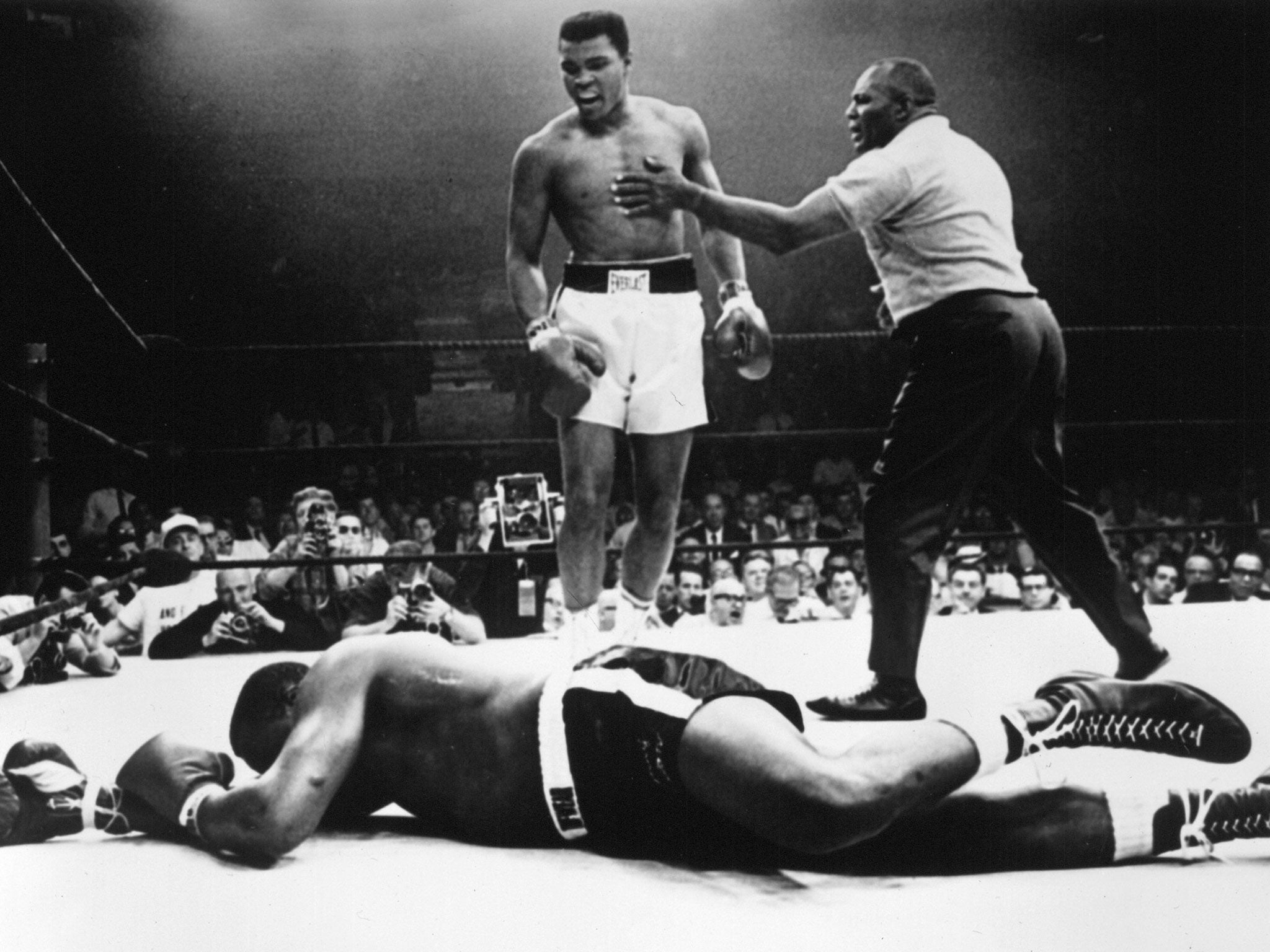Brexit has cost us $1.5 trillion and worse may be on the way
If Britain were a boxer, it would be Sonny Liston, sitting in the corner after Ali’s assault. If ministers don't see the danger of the instability fuelled by insecurity and inequality, the nation could find itself sprawling on the canvass

It’s impossible to conceptualise a number as enormous as $1.5 trillion (£1.2 trillion) – the estimated cost to the collective wealth of Britain as a result of Brexit.
The figure was included by Credit Suisse in its 2016 Global Wealth Report, now in its seventh outing. Fortunately, the bank’s analysts broke it down a bit to make it easier to understand.
It is equivalent to every adult seeing $33,000 cut from the value of their accumulated assets (home, savings, car, and the rest).
In total, some 406,000 people in the UK who were dollar millionaires before the EU referendum now aren’t.
If Britain were a boxer it’d be Sonny Liston. A true heavyweight (remember the UK was the world’s fifth biggest economy before the Brexit vote), by proposing to give up its membership of the EU this nation, like Liston when he faced Muhammad Ali, has retreated to its corner, sat on its stool and refused to get up for the next round.
Now, this might even be one occasion where the super-wealthy have suffered most in absolute terms: House prices at the top end in London have taken a kicking, for example.
But the thing is, if you’re a millionaire, or even a not quite millionaire any more, while you might not be very happy about about taking such a loss, you should be able to weather the storm. Those lower down the food chain might not have suffered quite so much in absolute terms. Trouble is, they won't have the sort of reserves needed to see them through a period of turbulence such as that which Britain is now facing.
There are an awful lot of people in the “likely to struggle” category. While Britain still has 2.2 million dollar millionaires, and a little over half of the adult population has wealth exceeding $100,000, the other half, obviously, doesn’t have very much. Some 10 million people, for example, have less than £100 in savings.
These are the sort of people who fall prey to payday lenders and other sharks. Their struggles, bound to get worse as the economy deteriorates, have played a role in increasing the country’s debt to income from 150 per cent in 2013 to 170 per cent today.
The report blandly states that this level of debt “is not exceptionally high by international standards”.
The Bank of England, however, cannot afford to be quite so complacent. If that figure keeps rising at the rate that it has been, we’re in for trouble.
All of which plays into the hands of the cynical demagogues who created the problem in the first place, the people who, by pledging to put “Britain First”, have left us in this mess.
By promising people they’ll throw up walls to protect what little they have, they offer the wrong answers to the wrong questions.
They have no recipe for tackling the insecurity they exploit beyond baring their teeth and raising their fists. But it’s proved to be very effective. And they may be poised to reap further benefits if mainstream politicians fail to see the danger they have, up until now, been blind to.
Perhaps the election of Donald Trump will open their eyes. Or will it take the election of Marine Le Pen for them wake up?
The insecurities I mentioned fester on the back of the world’s grotesque inequality. Another finding of the report is that the top 1 per cent now holds 50.8 per cent of global wealth, above the levels seen in 2000.
Oxfam says the huge gap is “undermining economies, destabilising societies and holding back the fight against poverty”. Quite right.
Unequal societies are unstable societies. Britain remains a worryingly unequal society, accounting for a third of those individuals officially classified as ultra-high-net-worth – more colloquially as filthy rich – coming in third after the US and China.
That isn’t anything to be particularly proud of. The gap between them and the rest is something that needs to be addressed as a matter of urgency. If it isn’t, that $1.5 trillion? As big a number as it is, it might just be the start. If so, Britain risks ending up on the canvass like Liston in his rematch with Ali, as opposed to just sitting blooded in its corner as he did after their first encounter.
Join our commenting forum
Join thought-provoking conversations, follow other Independent readers and see their replies
Comments
Bookmark popover
Removed from bookmarks